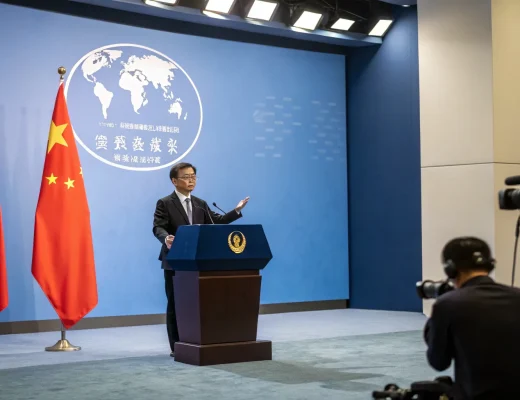The escalating living costs paired with static wages have encouraged individuals to explore creative ways to supplement their earnings. The continuous rise in utility bills, healthcare, and food prices, combined with stagnant wages, has placed growing financial burdens on most households. Solutions like thrift shopping, home gardening, and freelance work are swiftly becoming common money-saving and income-generating methods.
Technology, too, plays an integral role in providing opportunities for side hustles like remote freelancing, online marketing, and e-commerce. Not only do these measures provide a financial lifeline, but they also enable a more holistic and sustainable lifestyle. Therefore, it has become essential for individuals to diversify their income streams and foster money-management skills in this modern economic challenge.
The 2023 Forbes Advisor review reported that approximately 70% of Americans either live paycheck to paycheck (40%) or consider their earnings insufficient for basic needs (29%). Financial stability is a common issue affecting a significant portion of the US population, highlighting the critical need for improved financial literacy. The same study pointed out that only around 30% of Americans feel financially secure.
Many citizens have little to no savings and are forced to rely on credit cards for emergencies. Furthermore, the survey showed a clear correlation between financial insecurity and mental health issues. Thus, addressing America’s financial health has become crucial not just for economic reasons, but for public health.
In response to these challenges, the Redditor community has initiated a discussion sharing successful, cost-effective habits for personal finance improvement. Strategies such as setting aside a certain percentage of income for savings, investing in long-term assets, maintaining an emergency fund, and monitoring every expenditure were among the insights shared by financially savvy Redditors.
Apart from financial handling, some users shared their eco-friendly habits. One user detailed their practice of reusing ziploc bags, washing them with warm soapy water before using them again – a thrift measure that also contributes to reducing plastic waste. Others suggested buying mismatched plates from thrift stores, proving economical and environmentally friendly with sufficient safety checks.
The discussion overall served as a valuable source of financial and environmental advice, emphasizing prudent financial planning and effective resource use. It underscored the importance of adaptability, creativity, resourcefulness for enhanced financial well-being and fostering a more sustainable lifestyle in a tough economic climate.







